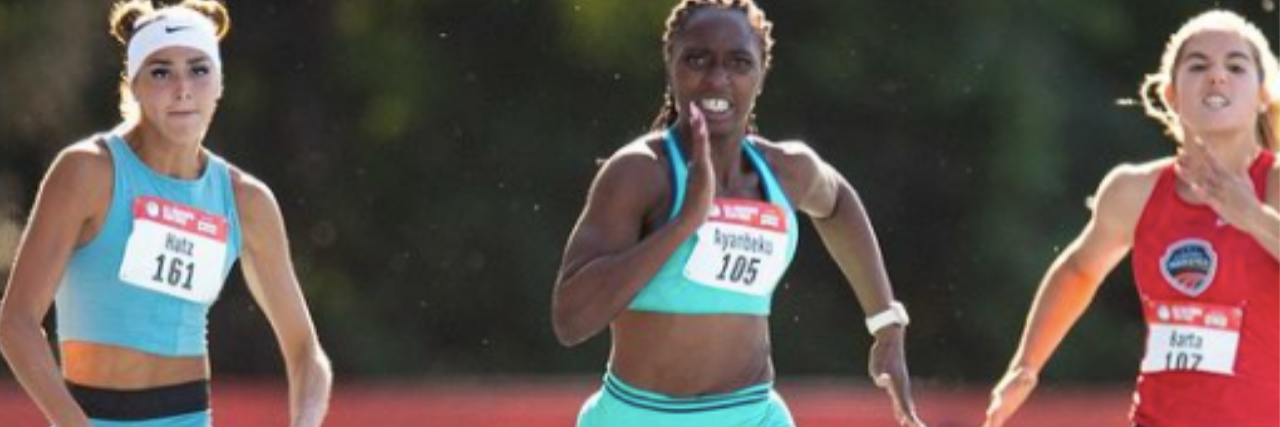While COVID-19 poses a major threat to disabled athletes who will compete at the Paralympics, there is one piece of good news: Their bonuses will now be the same as Olympians.
The board of directors for the United States Olympic & Paralympic Committee (USOPC) voted to increase the payout for all athletes at the Olympics and Paralympics to $37,500 for each gold medal earned at the Games, $22,500 for silver, and $15,000 for bronze. This move is retroactive, and American Paralympians will be awarded for their work at the 2018 Winter Paralympics. “U.S. Paralympians won 36 medals in South Korea and garnered more than $1.2 million in bonuses,” USOPC wrote in their 2018 report.
According to The Lily, “previously, Paralympians were paid $7,500 for gold, $5,250 for silver and $3,750 for bronze.” While this prize money is great for the athletes who place first, second, or third in their competitors at the Paralympics, the games themselves can be very unaffordable. Unlike some countries, the U.S. government does not financially sponsor athletes, so many athletes need to find external funding in order to compete.
One paratriathlete told how not being compensated for qualifying to go to the games can be a financial barrier:
A prosthetic leg used for sport can cost $20,000, according to paratriathlete Allysa Seely, whose left leg was amputated just below the knee in 2013, which is “a big financial barrier to entry into the sport,” she wrote via email. That is especially true because sport prosthetics like Seely’s are not covered by insurance and need to be updated and replaced as often as every other year because of weight gain or loss, or just general wear and tear. “I would say the cost of winning my gold medal in 2016 was easily in the hundreds of thousands of dollars,” she said.
At the same time, this change signals a shift into how disabled athletes are viewed, according to former Paralympian Amanda McGrory. “There are now more opportunities for sponsorships, more support from the public and overall more awareness of what elite disabled sports are,” McGroy told The Lily. “We, as athletes, can continue to be a part of that process, by using our platforms to normalize disability, and the disabled experience.”
Image via U.S. Paralympics Track & Field/Instagram

